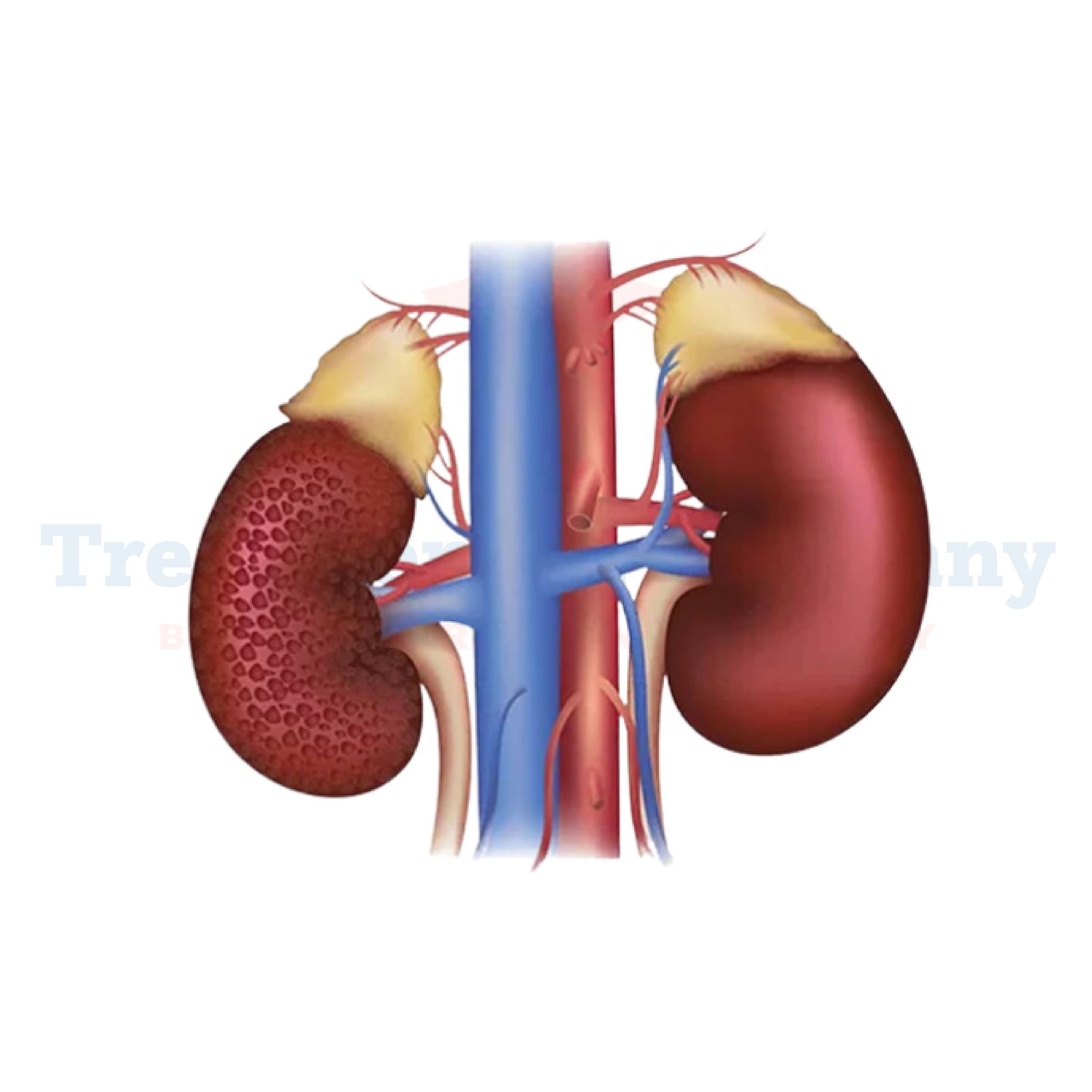What is Chronic Kidney Disease (CKD)?
Chronic Kidney Disease (CKD) refers to the gradual loss of kidney function over time. It is a long-term condition that can progressively worsen if left untreated. CKD is characterized by the kidneys' inability to filter waste products and excess fluids from the blood efficiently. Common causes of CKD include diabetes, high blood pressure, and certain kidney infections.
Side Effects of Chronic Kidney Disease (CKD):
Chronic Kidney Disease can lead to various complications and side effects, impacting overall health and well-being. Some common side effects of CKD include:
- Fatigue and weakness due to anemia caused by a decrease in red blood cell production.
- Swelling in the hands, feet, or face (edema) due to fluid retention.
- Shortness of breath, particularly during physical activity, due to fluid buildup in the lungs.
- High blood pressure, which can further damage the kidneys and increase the risk of cardiovascular problems.
- Bone diseases, such as osteoporosis or osteomalacia, due to imbalances in calcium and phosphorus levels.
How is Chronic Kidney Disease (CKD) Diagnosed?
Early detection and diagnosis of CKD are crucial for effective management. Healthcare providers in Germany typically diagnose CKD through a combination of medical history review, physical examination, and laboratory tests. Common diagnostic tests for CKD include:
- Blood tests to measure creatinine and urea levels, which indicate kidney function.
- Urine tests to assess protein and blood levels, which can indicate kidney damage.
- Imaging tests such as ultrasound, CT scans, or MRIs to visualize the structure of the kidneys and identify any abnormalities.
Potential Treatments of Chronic Kidney Disease (CKD):
Treatment options for CKD aim to slow the progression of the disease, manage symptoms, and prevent complications. In Germany, patients with CKD may undergo the following treatments:
- Medications: Doctors may prescribe medications to control blood pressure, lower cholesterol levels, manage anemia, and treat underlying conditions contributing to CKD, such as diabetes.
- Lifestyle modifications: Adopting a healthy lifestyle, including a balanced diet low in sodium, potassium, and phosphorus, regular exercise, maintaining a healthy weight, and quitting smoking, can help manage CKD and improve overall health.
- Dialysis: In advanced stages of CKD where kidney function is severely impaired, dialysis may be necessary to remove waste products and excess fluids from the blood artificially. There are different types of dialysis, including hemodialysis and peritoneal dialysis, which patients can discuss with their healthcare providers to determine the most suitable option.
- Kidney Transplantation: For eligible patients with end-stage renal disease (ESRD), kidney transplantation offers the possibility of restoring kidney function and improving quality of life. In Germany, specialized transplant centers perform kidney transplant surgeries and provide comprehensive care for transplant recipients.
👉 Contact us for further information and receive a complimentary consultation.


.webp)
 (1).webp)

.webp)
 (1).webp)


.webp)
 (1).webp)

.webp)
 (1).webp)
